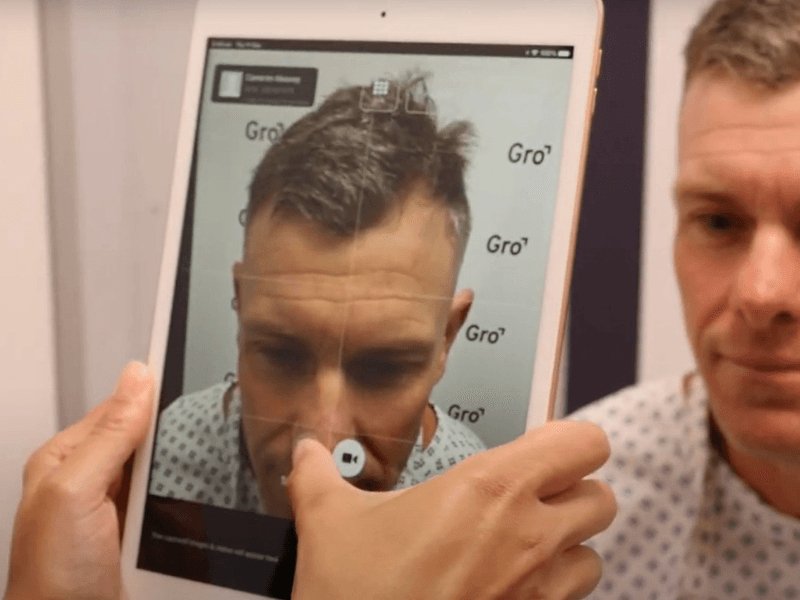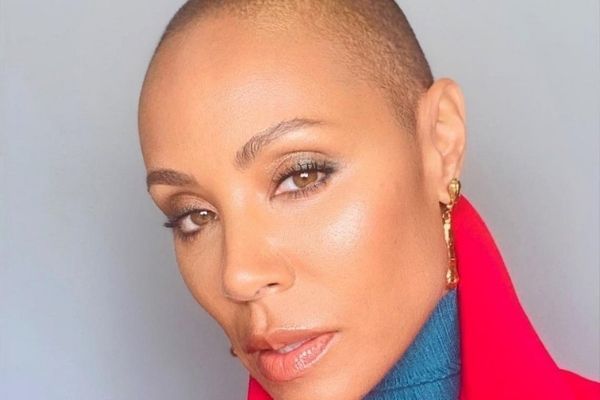Here’s the deal: we live in a hectic world and it’s impacting our sleep. Research shows sleep problems are common – inadequate sleep and its daytime consequences affect 33-45% of Australian adults.
Our bodies recharge and repair during sleep. Lack of sleep won’t just make you feel tired and grumpy the next day, it can have longstanding health consequences, and even impact your hair.
It can seem tempting to cut a bit of time off your nightly rest to get more done during the day, or maybe you simply struggle to get to sleep.
Whatever your situation may be, here are some very compelling reasons to prioritise your slumber.
The many health effects of bad sleep
Higher risk of serious health conditions
Lack of sleep increases the risk of many serious health conditions, such as obesity, diabetes, heart disease and high blood pressure. Insomnia has also been linked to a higher risk of heart disease and stroke.
Weakened immunity
While we sleep our immunity system is hard at work producing substances (such as antibodies and cytokines) to fight off infections and foreign invaders. If you’re not getting enough sleep, your body will become more vulnerable to bacteria and viruses. That’s why sleep is the best way to recover from sickness, and not resting can lead to a longer recovery.
Mental effects
Many of the mental effects of poor sleep, such as brain fog and inability to focus, are clear immediately. This can result in an increased risk of accidents and injuries, especially when driving. However, poor sleep can also have more severe effects on a person’s mental health. Chronic sleep deprivation can exacerbate mental health conditions, such as depression and anxiety
Hair loss
This may surprise you, but lack of sleep can even affect your hair.
As said before, our bodies rest and recover during sleep, and that includes hair follicles regeneration. Insufficient sleep can disrupt the hair growth cycle, leading to thinning and hair loss. Besides, getting enough sleep is an important part of an overall healthy lifestyle, which will, of course, help keep your hair luscious.
Lack of sleep can also cause stress, which in turn can cause a type of temporary hair loss called telogen effluvium or trigger the early stages of genetic hair loss. Getting enough sleep is one of the most crucial tools for stress management, and your hair will thank you for it.
How much sleep should we be getting?
It is recommended adults get 7-9 hours of sleep each night. While it’s not uncommon to hear people boast that they don’t need much sleep, the percentage of people who can get by with less than seven hours is vanishingly small.
Here’s your plan of attack to get more ZZZ!
Many people would like to sleep more but simply can’t get enough hours in due to difficulty going to sleep or waking up throughout the night. Luckily, in most cases, this can be fixed with good sleep hygiene. Here are some simple lifestyle changes to up your chances of getting a restful night’s sleep.
- Avoid napping in the daytime
- Reduce alcohol consumption
- Avoid heavy meals 2-3 hours before bedtime
- Go to sleep and wake up at a similar time daily
- Reduce caffeine intake, especially after midday
- Avoid using electronic devices an hour before bed – keep them outside the bedroom altogether
- Exercise regularly, but not right before sleep
- Create a routine to wind down at night time – do calming activities such as meditation, reading or journaling
If these simple strategies don’t work and your sleep problems persist, it’s best to speak with your doctor.
Worried you’re losing hair due to reasons other than lost sleep? There are now options for keeping your hair, even if you suffer from genetic hair loss. Book a hair transplant consultation with a Gro Hair Growth Specialist, or a telehealth consultation with our online clinic to discuss other treatments with an Australian doctor.












